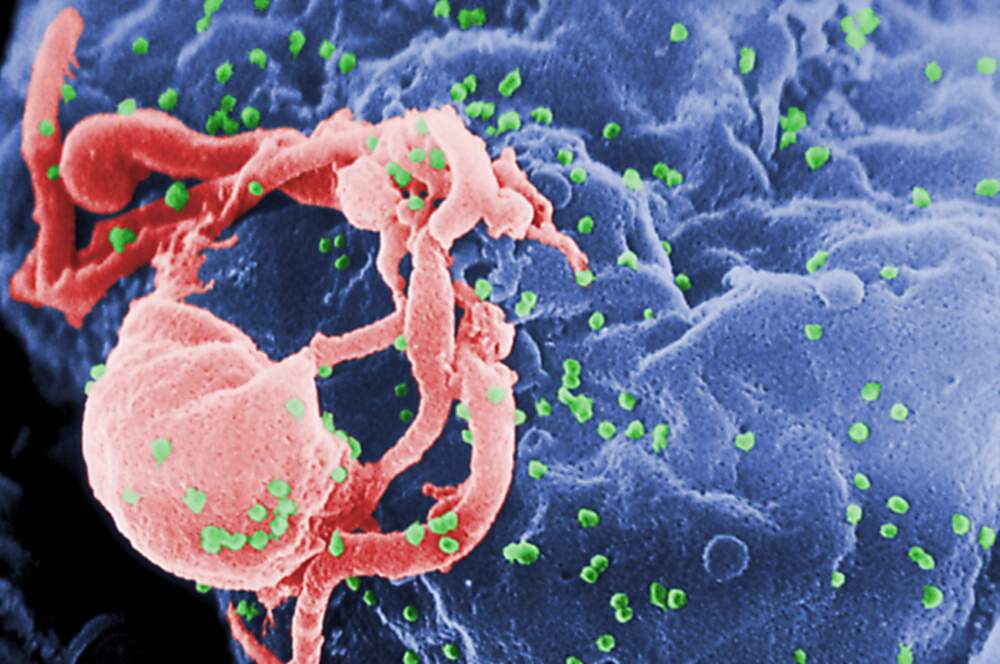Infection
Hundreds of Salem Hospital patients warned of possible exposure to hepatitis and HIV
Hundreds of patients at the Salem Hospital in Massachusetts may have been exposed to hepatitis and HIV over a two-year period but that the infection risk is extremely small, the hospital said.
About 450 endoscopy patients may have been exposed during the administration of intravenous medications “in a manner not consistent with our best practice,” the hospital said Wednesday in a statement through its parent company, Mass General Brigham. The hospital learned of the issue earlier this year.
“Once identified, the practice was immediately corrected, and the hospital’s quality and infection control teams were notified,” it said, though it didn’t provide specifics about how the problem occurred.
There is no evidence so far that any patients were infected, the hospital said.
All patients who may have been exposed have been notified, and the hospital has set up a free hotline to answer questions and is providing free screenings, the hospital said. “The infections we are testing for are Hepatitis B, Hepatitis C, and HIV, which are standard tests for a potential exposure of this kind,” a Mass General Brigham spokesman said by email.
“The safety of our patients is our highest priority and we have undertaken multiple corrective actions in response to this event,” Salem Hospital said in a statement. “We sincerely apologize to those who have been impacted and we remain committed to delivering high-quality, compassionate health care to our community.”
A class-action lawsuit has been filed against Mass General Brigham, Salem Hospital, and 10 hospital employees on behalf of a woman whom the suit states suffered “additional testing and extreme anxiety and emotional distress and decreased quality of life as a result of being exposed or potentially being exposed to an infection and, potentially, suffering a serious infection.” The hospital did not immediately return an email seeking comment on the lawsuit.
During an endoscopy, a tube-like instrument is inserted into the body to look inside, according to the American Cancer Society. Some of the most common procedures are colonoscopies, bronchoscopies, laryngoscopies and upper endoscopies.

